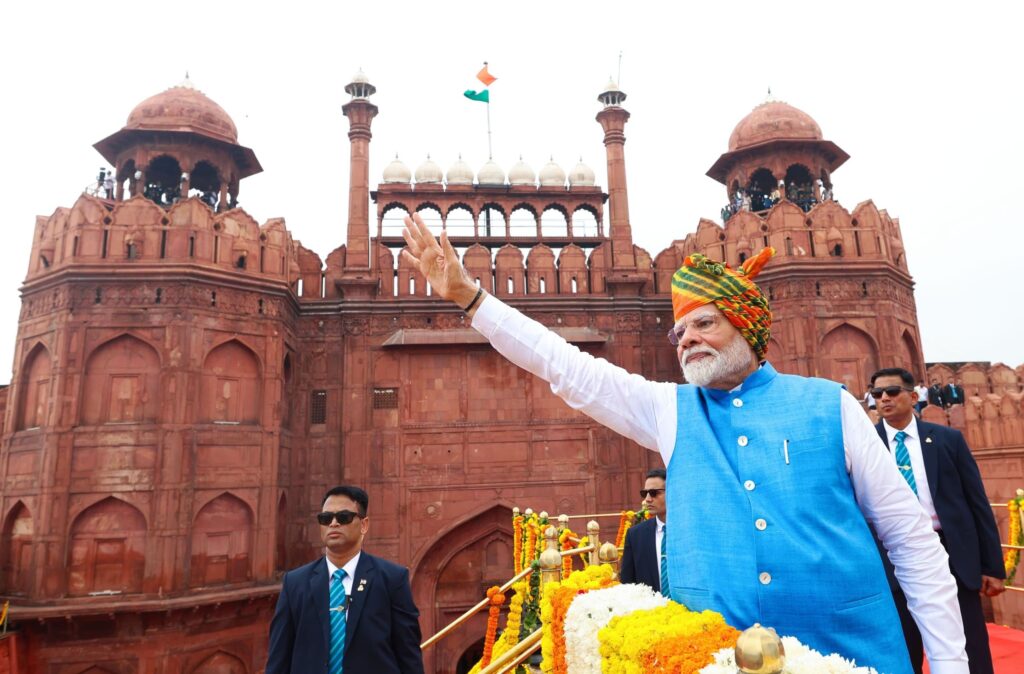The year 2025 finds India at a critical inflection point. With over 110 ongoing armed conflicts worldwide, surging protectionism, and new technological frontiers, India’s foreign policy responses are shaping the face of global affairs—often from the eye of the storm.
India’s Balancing Act: Multi-Alignment in Action
India’s defining strategy is “multi-alignment”—a pragmatic approach that weaves together partnerships with the United States, the European Union, Russia, and new Asian alliances, without putting all its eggs in any one basket. The Trump administration’s transactional diplomacy and revived engagement with Pakistan have posed new challenges, but India’s leaders have reinforced their commitment to strategic autonomy—engaging with the US on technology and the Indo-Pacific, while still cultivating ties with Moscow and Brussels.
The launch of the NISAR satellite in partnership with the US was offset by economic tariffs and pressure over Russian oil.
The EU imposed sanctions and a new carbon border tax, complicating trade but also accelerating India’s push for green growth.
Challenges on Every Front
India’s geopolitical landscape is shaped by persistent border tensions with China, shifting trade currents, and regional realignments:
China’s strategic projects—including dams on the Yarlung Zangbo and regional partnerships excluding India—remain flashpoints.
India’s response: Modernizing its defense, boosting indigenous technology, and strengthening maritime security in the Indian Ocean.
At the same time, India’s start-up boom and digital alliances—especially in AI and semiconductor supply chains—are creating new engines of economic power.
Silent Power or Rising Voice?
While India has trodden carefully in international crises such as the Israel-Gaza and Russia-Ukraine conflicts, critics argue that silence could mean shrinking geopolitical clout. The case of Operation Sindoor—where major partners hesitated to call out cross-border terrorism—illustrates the dilemma: can India stay above the fray and still defend its interests, or does 2025 demand a more assertive stance?
Climate, Technology, and the New Global Agenda
Climate shocks and polarized politics mean India’s renewable energy and sustainable infrastructure investments are more than ethics—they’re geostrategic necessities.
As cyber warfare and disinformation become tools of global competition, India is racing to bolster its digital sovereignty while seizing opportunities in start-up innovation.
What Does the Future Hold?
India’s evolving foreign policy isn’t just about power—it’s about resilience and purpose. Amid an unsettled world order, India’s blend of assertiveness, flexibility, and commitment to global leadership will determine not only its own trajectory but the fate of the wider region. Will India shape the new rules—or be shaped by them?


